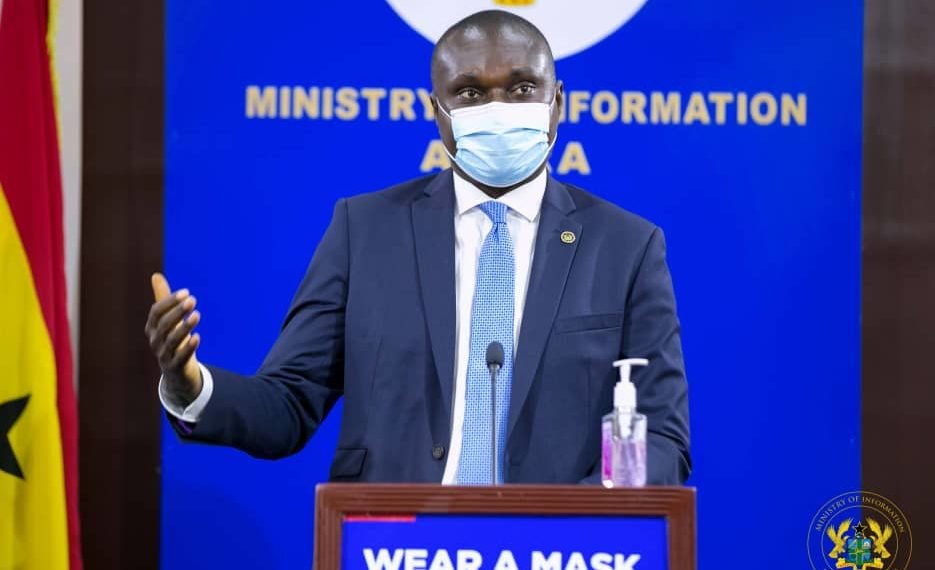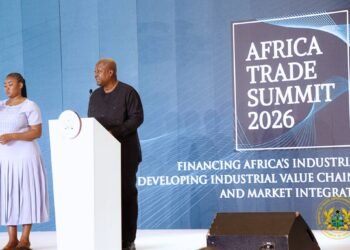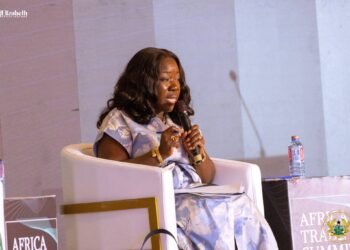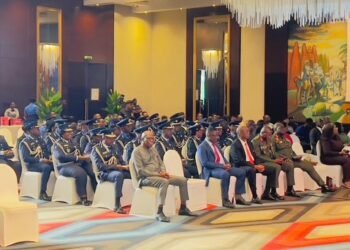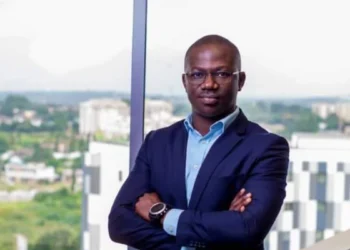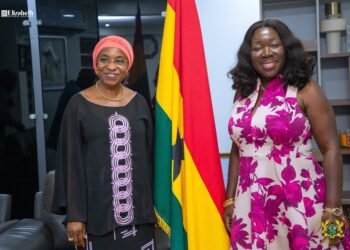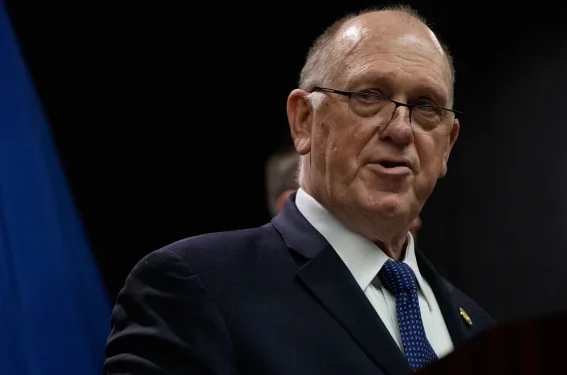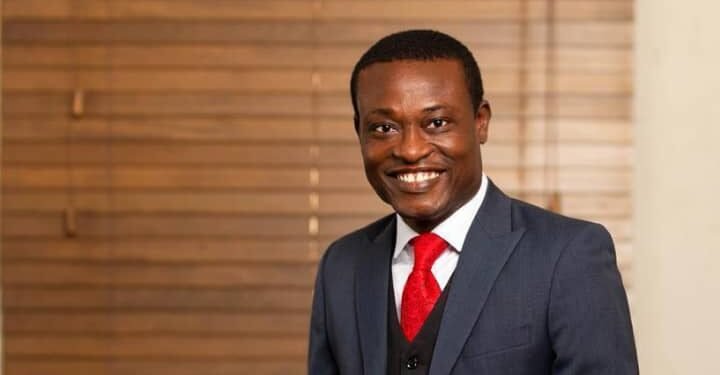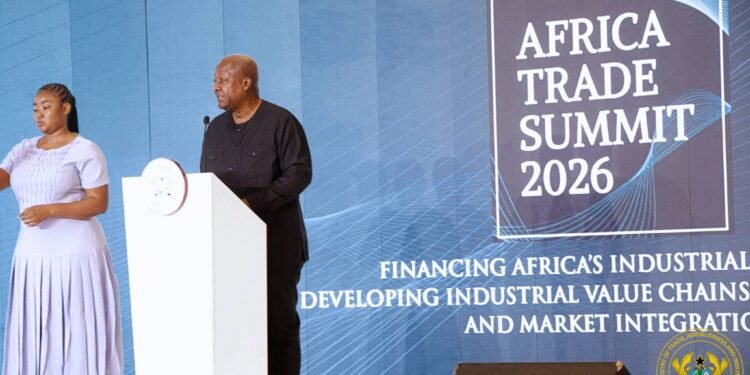The Deputy Minister of Foreign Affairs and Regional Integration, Charles Owiredu has called on Economic Community of West African States (ECOWAS) member states to consider laws in publicizing regional harmonization of protocols on trade.
Speaking at a regional sensitization workshop on the ECOWAS protocol convention, he charged ECOWAS member states to be collectively involved in thrashing out pertinent issues with neighboring states.
“Of course there are some bottlenecks like we’ve been saying recently of Nigerians closing its borders and all that. But what I say to people who raise this issue is that if you look at even the EU there are still issues [and] discussions… I think that we have what we call the ECOWAS parliament; the ECOWAS parliament is made up of MPs from all ECOWAS countries. In Ghana, we have a representation at the ECOWAS parliament, made up of both majority and minority sides, this is to have them jaw jaw [and] to have them discuss these pertinent issues with their colleagues from the other African countries”.
As calls have intensified for the Economic Community of West Africa States (ECOWAS) to harmonize protocols with those of member states, it has become necessary, as member countries continue to identify challenges in the effective implementation of most protocols on trade.
On his part, the Ashanti regional chair of Ghana Union of Traders Association (GUTA), Anthony Oppong lamented the situation as he reckons it has lugged for too long.
“I was looking at a situation even before they go to amend the law and [state] that any West African neighbor can go to any country [and] get established. This is the case that we have enacted law that states that we can do business wherever we find ourselves, but there is a national law that states that nobody should be allowed to enter into the state and cause a problem. The heads of states must sit down and make sure they align the laws with the protocols”.
Superintendent Simon Asare, the Head of International relations and operations at the National Immigration Service also urged the need for public education on the protocols which he explains must be intensified.
“The situation can be addressed by member states taking it upon themselves to educate their nationals to trickle down to the ordinary citizens of ECOWAS member states to understand that we are heading towards one community, one family and that is what we are working at as per ECOWAS protocols on free movement of persons, goods and services”.

